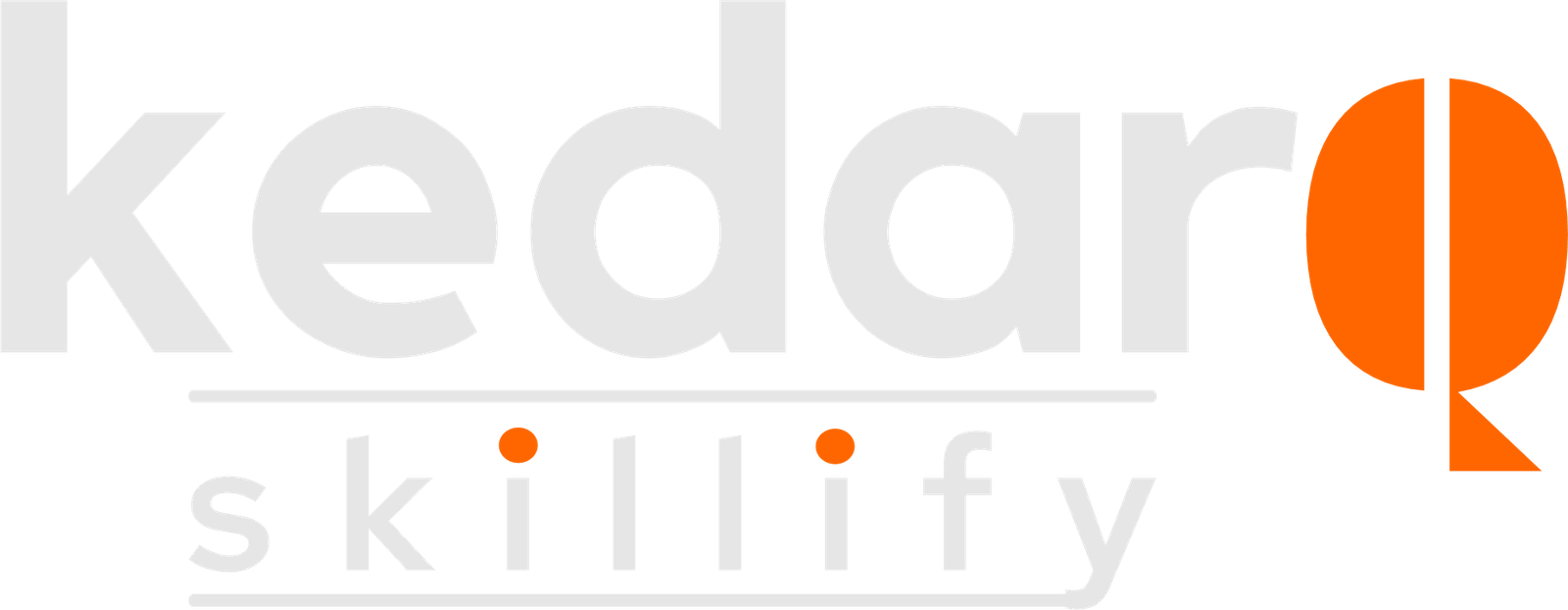7 Ultimate Tips for Career Guidance After 10th & 12th

Choosing a career path after Class 10 & 12 can feel overwhelming. With thousands of options, competitive entrance exams, and growing industries, it’s no surprise that students often struggle to make confident choices. In India, where academic pressure is high and traditional career paths still dominate, the need for clear career guidance after 10th & 12th is more important than ever.
Why Career Guidance After 10th & 12th Is Crucial for Indian Students
More than 85% of students in India are unsure about which career to pursue, according to a recent study by the India Today Education Bureau. Many students pick streams based on peer pressure, parental expectations, or outdated assumptions about job security. This often leads to disinterest, academic stress, or even career shifts in their late 20’s.
Effective career guidance empowers students with self-awareness, information, and strategy. It enables them to align their strengths with real-world opportunities — whether it’s coding, design, finance, psychology, environmental science, or entrepreneurship.
1. Know Your Strengths: Assess Aptitude and Interests
The first step to making smart career choices is self-discovery. Students should evaluate their:
- Aptitude: What subjects or problem types come naturally?
- Personality: Are you analytical, creative, social, or detail-oriented?
- Passion: What topics or activities excite you even outside school?
Tools like aptitude tests, psychometric assessments, and interest inventories can help. Schools and certified counselors often offer these for students in grades 9–12.
2. Explore Emerging Career Fields in 2025
Beyond the traditional choices (engineering, medicine, law), students should explore high-growth, skill-based industries such as:
- AI & Data Science
- UI/UX Design & Product Thinking
- Digital Marketing & Content Strategy
- Sustainable Development & Environmental Policy
- Cyber-security & Ethical Hacking
- Finance, Fin-Tech & Behavioral Economics
These fields reward skill, not just degrees — and offer global opportunities. With the right certifications, internships, and experience, students can fast-track their careers without expensive university degrees abroad.
3. Understand the Role of Vocational Training & Skill-Based Careers
In India’s future economy, vocational skills are finally gaining respect. Students who prefer hands-on work — in design, hospitality, robotics, digital editing, or mechanics — can now build strong careers with focused, skill-based programs.
Government initiatives like Skill India, PMKVY, and NSDC offer affordable courses for school graduates that lead directly to employability.
4. Compare Internships vs Digital Apprenticeships
Internships are great, but digital apprenticeships — long-term, guided, skill-based projects — are gaining ground. Students can now:
- Join a startup’s digital team for 6 months remotely
- Help build content, websites, or mobile apps for real clients
- Manage social media accounts with analytics tracking
This experience builds a real portfolio and helps students test their interests before committing to expensive colleges or courses.
5. Collaborate with Parents and Mentors in Decision-Making
In many Indian households, parents still influence career choices heavily. But open communication, data, and modern awareness can help students and parents collaborate, not conflict.
It’s important to:
- Share aptitude results with parents
- Discuss potential career paths with proof (salary ranges, future growth, job demand)
- Attend career counseling sessions together
Parental support can be a great asset when paired with informed decision-making.
6. Focus on Transferable Skills, Not Just Degrees
According to Times of India, more than 40% of future jobs will require skills not taught in current school syllabus. So, what matters most is the ability to learn, adapt, and solve problems.
Key transferable skills include:
- Communication (written & verbal)
- Digital literacy
- Teamwork & collaboration
- Time management & self-discipline
- Creativity and critical thinking
These can be developed through side projects, competitions, workshops, and self-learning platforms.
7. Use Career Counseling Platforms and Government Services
In addition to school support, students can access several national platforms for career guidance:
- National Career Service (NCS) — Offers job insights, courses, and mentorships
- Desh Ke Mentor (Delhi Govt) — Connects professionals with students virtually
- Career360, Mindler, iDreamCareer — Trusted private platforms for counseling
These platforms often offer free webinars, quizzes, and career exploration tools aligned with CBSE, ICSE, and state board frameworks.
Bonus: Gap Year Isn’t a Taboo Anymore
If a student is still uncertain, a structured gap year with learning goals can be valuable. During this time, they can:
- Take short-term courses
- Intern with startups or NGOs
- Develop a portfolio or build a personal brand
This allows for clearer career clarity while avoiding academic burnout.
Final Thoughts: A Smart Start Builds a Strong Future
Choosing the right career path after Class 10 and 12 is a foundational decision — but it doesn’t have to be a stressful one. With structured career guidance after 10th & 12th, self-awareness, and a growth mindset, students can take confident steps toward a fulfilling future.
Kedarq offers expert-led Career Counseling Programs designed to support students and families through this important journey. From aptitude mapping to growth strategy, we help you build clarity, confidence, and direction.
At Kedarq, we specialize in career guidance after 10th & 12th, helping students discover clarity and purpose.
📍Learn more about our Career Counseling Program →
Latest Post
-
9 Best AI Tools for Students in India
-
 7 Ultimate Tips for Career Guidance After 10th & 12th
7 Ultimate Tips for Career Guidance After 10th & 12th -
 कारगिल विजय दिवस – अदम्य साहस की अमर गाथा
कारगिल विजय दिवस – अदम्य साहस की अमर गाथा -
 हरेला पर्व: प्रकृति और संस्कृति का अनमोल संगम
हरेला पर्व: प्रकृति और संस्कृति का अनमोल संगम -
 आषाढ़ की पूर्णिमा: अंधकार में गुरु का प्रकाश
आषाढ़ की पूर्णिमा: अंधकार में गुरु का प्रकाश -
 गुरु पूर्णिमा – ज्ञान और श्रद्धा का पावन पर्व
गुरु पूर्णिमा – ज्ञान और श्रद्धा का पावन पर्व -
 Role of AI in Modern Education
Role of AI in Modern Education -
 Healing Minds Through Music on World Music Day: Rishabh Sharma
Healing Minds Through Music on World Music Day: Rishabh Sharma -
 Celebrating World Yoga Day 2025: Yoga for One Earth, One Health
Celebrating World Yoga Day 2025: Yoga for One Earth, One Health -
 World Day Against Child Labour 2025
World Day Against Child Labour 2025

